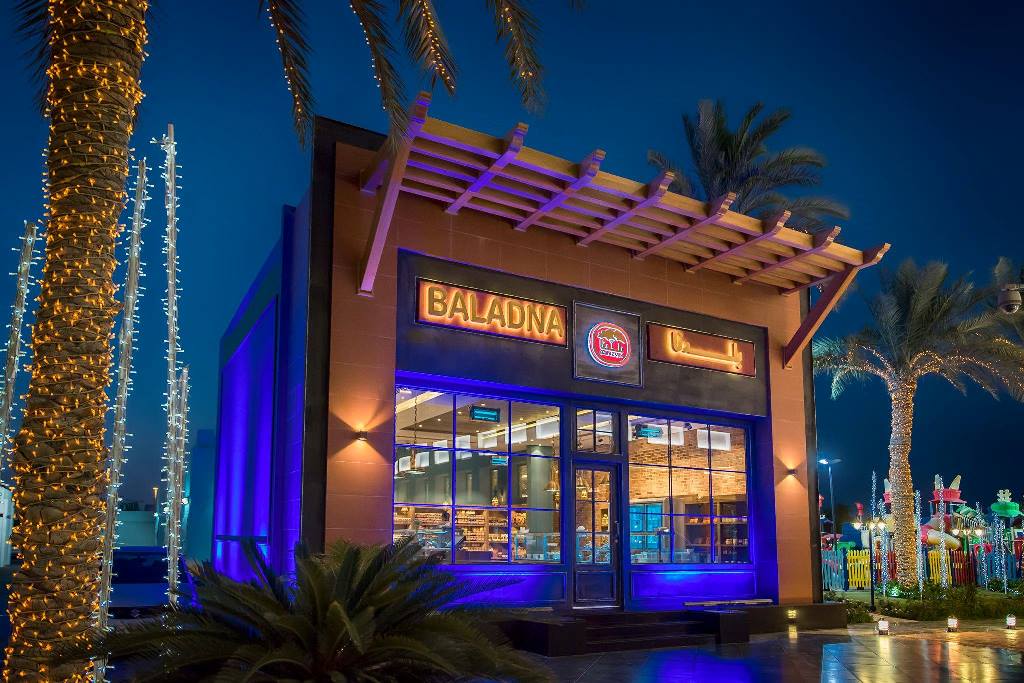Baladna farm in Al Khor claims to have largest sheep stocks in Middle East
Published: 16 Nov 2016 - 11:15 pm | Last Updated: 28 Dec 2021 - 11:39 am
Baladna Farm at Al Khor, that provides around 2,500 stocks of sheep and goats for local meat consumption.
DOHA: Qatar is steadily moving towards self-sufficiency in food and apart from locally produced vegetables, population's needs of meat and dairy products are also being met by local farms.
Among others, a 100% Qatari-owned livestock farm - Baladna - is providing around 2,500 stocks of sheep and goats for local meat consumption.
Qatar had planned to achieve national food security and launched Qatar National Food Security Programme (QNFSP) to bring the country close to food self-sufficiency by 2023.
As per an agricultural report released last year, Qatar was 8.5percent “self-sufficient” in meat in 2013, up from 6 percent in 2009.
“Baladna farm is committed to an essential and major contribution to Qatar’s food security programme. Our monthly average production varies between 70-80 tonnes of milk, and 2000- 2500 heads of sheep and goat, and 1500-2000 tonnes of animal feed,” Kamal Bazerbashi, Cluster Marketing Manager, Baladna Farm told The Peninsula.
Baladna claims to have the largest stock of sheep available in the GCC and Middle East. The meat, milk and feed are sold under the brand name "Baladna" at the farm's own outlets at The Pearl, Corniche and Al Khor. "We are set to launch a new outlet at Al Gharafa," Kamal added.

The farm was established three years ago, while it started branding its products in January this year. The farm produces purebred Awassi sheep, the highest meat and milk-producing breed in the Middle East. “We have received a very good response from the local market,” said Kamal.
To another question, he said: “As we are the first and only farm with the largest sheep livestock available in GCC and the Middle East, the market feedback is exceptional and encourages us to move forward."
The farm also develops and produces its own KAFI animal feed at its factory where raw materials are mixed, processed and then delivered to the breeding department to be used for the farm’s sheep and also sold to customers outside.
“Our short-term plan is to penetrate the retail local market and have our dairy product on the shelves in hypermarkets and other shops with adherence to the original taste which differentiates us. Our next plan is to export our products to other GCC states.”
For quality control purposes, the farm conducts certain examinations on animals’ blood and body fluids. Talking on the challenges, Kamal said: “The main difficulty we have faced is to spread the awareness among the customers on how to distinguish our products from the commercial brands in the market.”
Asked how the meat from the farm was better than its competitors in the market, he said: “We possess the best premium meat of the well-known Syrian Awassi sheep and lambs. Therefore, our stocks are a way far than the other imported breeds especially in the oriental gourmets’ taste.”
Retail buyers can also visit the farm to buy meat and milk from 8 am till 8 pm on all days. The farm is located in Umm Al-Hawaya Area, Al Khor. “They can choose from the livestock and then they can either take the stock alive or we can slaughter it (Halal) for them," said Kamal.
“We have a reasonable price. There is an essential difference between our fully natural free of preservatives products, and the artificial ones," he added.
The farm has a sophisticated laboratory having three units including diagnostic, food safety and chemical unit. “One sheep produces an average of 120 to 150 liters of milk per year, and we intend to acquire more of these productive breeds in order to double our milk production,” Kamal added.




